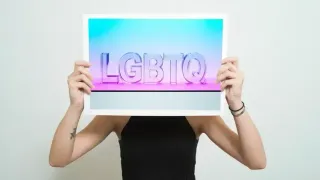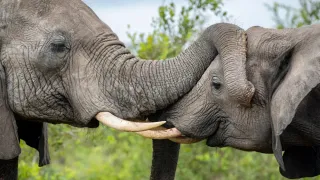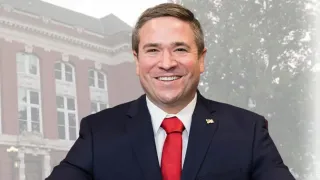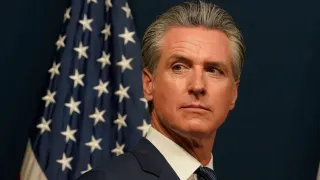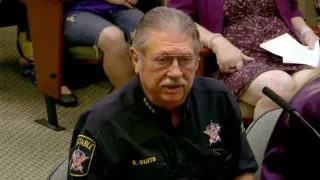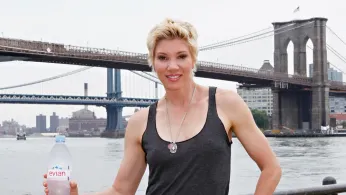
7 hours ago
Jackie Warner Speaks Out on Past Relationship with Jillian Michaels Amid ‘Biggest Loser’ Controversy
READ TIME: 3 MIN.
The reality television landscape was recently shaken by the release of Netflix’s docuseries “Fit for TV: The Reality of the Biggest Loser,” which investigates the behind-the-scenes culture of the once-popular weight-loss competition. The docuseries prompted widespread criticism of the program’s methods and its impact on contestants, with particular attention paid to the alleged role of Jillian Michaels, the show’s most recognizable trainer, in fostering what some participants describe as a “dangerous environment” .
Michaels has denied several of the allegations featured in the series and has reportedly threatened legal action in response to claims regarding her treatment of contestants and her alleged encouragement of unhealthy practices. The controversy has reignited interest in Michaels’ public and private life, including her relationships with colleagues and former partners .
Amid this renewed scrutiny, a compilation of interviews by podcaster Jess Rothschild resurfaced, featuring extended commentary from Jackie Warner, a fellow fitness celebrity and Michaels’ partner for nearly seven years prior to either finding fame on television. In these recordings, Warner describes her experiences with Michaels in stark terms, repeatedly referring to her former partner as “just a horrible person” .
“We were in love at a time, but I just got exhausted by her,” Warner recalls. “I used to call her my Tasmanian devil. And whenever I'd say that, people around us would be like, ‘Oh my god, yes.’ Because even when she would go work out or train a client, she would look all over the gym, screaming, loud, cursing. We'd get thrown out of nice restaurants because she was screaming, loud, cursing. I couldn't take it” .
Warner’s comments were further amplified through social media and coverage by entertainment outlets, such as E! News and Instagram, where Warner’s candidness about her relationship with Michaels has fueled both support and debate within fitness and LGBTQ+ circles .
The public airing of Warner and Michaels’ personal history resonates in the LGBTQ+ community, where high-profile relationships often play out under intense scrutiny. Warner and Michaels’ relationship, which began before their television careers, was one of the more prominent same-sex celebrity pairings in fitness and reality TV. Their breakup and Warner’s subsequent disclosures highlight the challenges LGBTQ+ individuals face in both public and private spheres, especially when navigating fame and personal authenticity .
For many LGBTQ+ viewers, the saga also underscores the need for nuanced conversations about accountability, personal growth, and the impact of past behaviors. While Michaels has categorically denied the most serious allegations and indicated her intent to pursue legal remedies, the discourse around her conduct—both on and off camera—has prompted renewed calls for transparency and sensitivity regarding the portrayal of queer public figures .
The fallout from the docuseries and Warner’s statements has been met with a mixture of support, criticism, and calls for reflection in the entertainment industry. Social media platforms have been active with commentary from fans and fellow LGBTQ+ personalities, some expressing solidarity with Warner’s position and others urging caution about drawing conclusions from personal history alone .
As the controversy continues, both Warner and Michaels remain prominent voices in health and fitness, and their evolving narratives reflect broader conversations about LGBTQ+ representation, celebrity accountability, and the ongoing work to foster inclusive and respectful environments in all industries.
